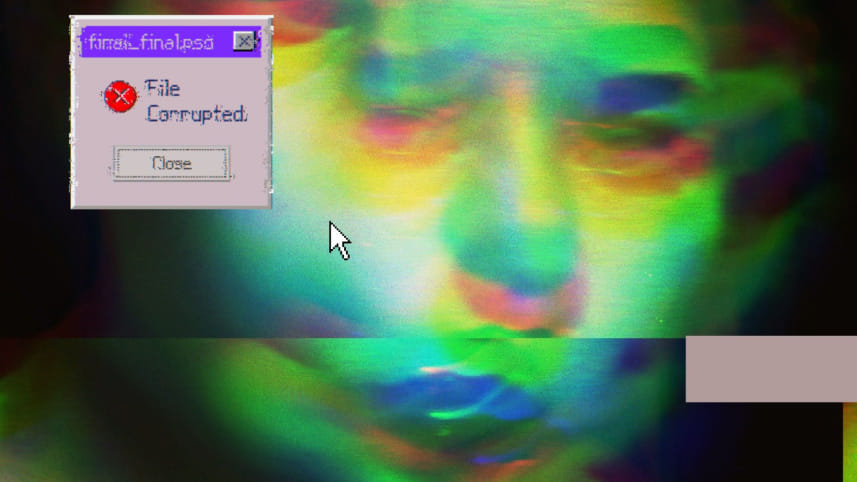Disinformation campaigns target women and minorities in Bangladesh: Study

In the lead-up to Bangladesh's January 2024 general elections, Facebook became a digital battlefield—not just for political rhetoric, but for the insidious spread of gender-based disinformation. A study by the Tech Global Institute has shed light on how coordinated networks exploit social media platforms to disseminate gendered abuse, disproportionately targeting women and marginalised communities in Bangladesh.
Drawing from an analysis of nearly 25,000 Facebook posts, the research highlights the shortcomings of traditional disinformation frameworks—many of which were developed in the Global North—when applied to complex, hyper-local contexts such as Bangladesh.
In countries like Bangladesh, where digital platforms are increasingly central to political discourse, the weaponisation of gendered abuse online has tangible offline consequences. According to ActionAid, two-thirds of Bangladeshi women have faced some form of online harassment. But during election periods, the stakes are heightened.
The Tech Global Institute found that such abuse—ranging from body-shaming and homophobic slurs to sexualised disinformation and threats—was overwhelmingly directed at political figures, especially women from opposition parties. Out of 1,400 posts flagged as gendered attacks, 70% involved sexual insinuations. An additional 18.6% contained discriminatory remarks based on religion, ethnicity or sexual orientation, and 10% focused on behavioural shaming, often with no factual basis.
The study critiques existing methodologies for identifying abusive content, many of which rely on English-language lexicons or US-centric case law. These approaches, it argues, fail to capture the fluid, relational nature of abuse in Bangladesh's digital ecosystem. For instance, benign Bengali terms like shamakami (homosexual) are weaponised to feminise and stigmatise political actors, while public figures are frequently compared to pornographic icons as a means of character assassination.
Efforts to apply machine-led keyword filters fell short due to the linguistic complexity of Bengali and the widespread use of code-switching between Bengali and English, or "Banglish". As a result, the research team adopted a "human-in-the-loop" methodology, building an expansive, evolving corpus of harmful terms validated by expert review and iterative testing.
The findings reveal a social media ecosystem rife with opaque allegiances and deceptive practices. Pages that ostensibly support one party often spread content aligned with another. Some 700 Facebook Pages posed as news outlets or community organisations, but were in fact hubs of coordinated disinformation campaigns.
These networks appeared to centralise their operations. Identical content—often featuring altered images or deepfake videos—was disseminated across multiple Pages and Groups within seconds, amplifying malign narratives and reinforcing harmful gender stereotypes.
Crucially, 93% of targeted attacks were directed at individuals unaffiliated with the ruling Awami League, suggesting a strategic use of gendered abuse to silence dissent and consolidate power.
While men were not immune—often targeted with slurs questioning their masculinity—women bore the brunt of abuse. The top ten most targeted women were primarily opposition politicians, including Shama Obaid and Rumin Farhana, who faced relentless attacks on their personal lives and fabricated allegations of sexual impropriety.
Gender-diverse communities also found themselves targeted. Though Bangladesh legally recognised hijras as a third gender in 2013, terms such as hijra and samakami remain common slurs on political pages. Even prominent figures like Prime Minister Sheikh Hasina were not spared, though she also received supportive coverage in content disparaging her rivals.
Perhaps most concerning is the ripple effect: the fear and stigma generated by these attacks risks deterring future generations of women and gender-diverse individuals from entering political life or speaking out on civic issues.
Bangladesh's legislative framework includes the Cyber Security Act 2023 and several other statutes criminalising online abuse. Yet enforcement remains inconsistent. Complaints by opposition figures are often dismissed, and victims face the burden of disproving defamatory claims—discouraging formal redress.
On the platform level, Meta's policies against hate speech and harassment theoretically provide protection, particularly for public figures at risk. But the study criticises the tech giant's uneven enforcement and its inability to detect contextually-coded abuse in non-English languages. Automated systems frequently overlook subtle or misspelled slurs, while self-reporting mechanisms place an undue burden on the victims themselves.




 For all latest news, follow The Daily Star's Google News channel.
For all latest news, follow The Daily Star's Google News channel.
Comments